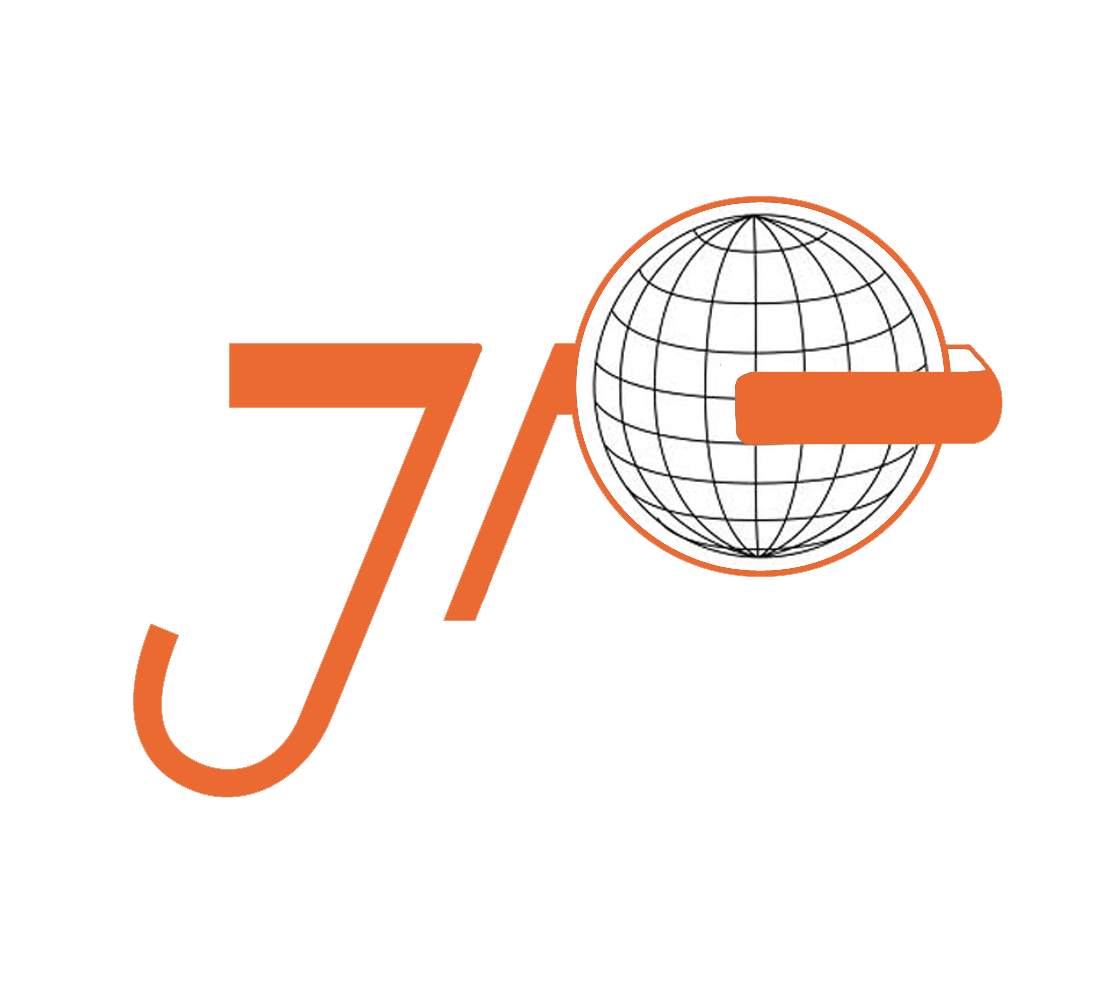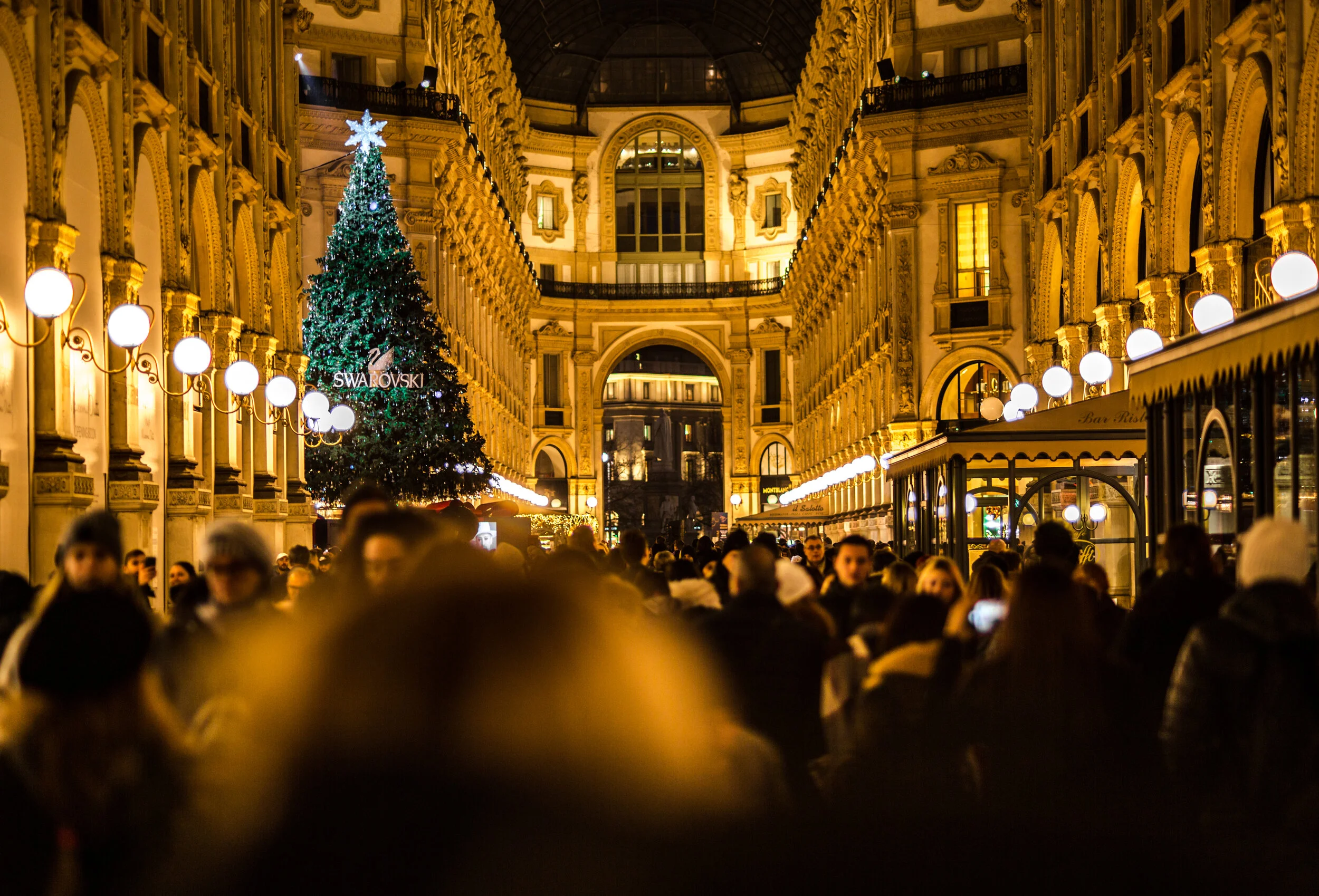5 Phrases You Need to Know If You’re Spending Time in Italy This Holiday Season
By Brian Alcamo
Buone feste, ragazzi! The holiday season is a hoot and a holler wherever you are, but if you’re lucky enough to find yourself in Italy from December to early January, get acquainted with the language of their favorite traditions.
Panettone
Panettone is a sweet bread originally from Milan that can be embellished with fruit, nuts, or chocolate. It’s a super popular desert around the holidays. Since it’s a super popular desert, and since you’re in Italy, it’s also a super popular breakfast. All you have to do is dip it in your caffè (link to coffee article) while you say buongiorno.
La Vigilia di Natale
La Vigilia di Natale means Christmas Eve. Now, now, now. You might think I’m about to tell you about the wonders of a big Italian Christmas Eve dinner composed of exactly seven fish that each represent a Catholic sacrament. Unfortunately, this Christmas Eve “Feast of the Seven Fishes” is an Italian-American tradition. You’ll still find big Christmas Eve dinners all over the boot-shaped peninsula, but don’t expect to eat seven scrumptious swimmers plucked straight out of the Adriatic.
La Befana
La Befana is Italy’s answer to all this Santa Clause (babbo natale) nonsense. She’s a witch who rides her broomstick over Italy on January 5th, the night before the Epiphany, to dole out gifts to all the well-behaved bambini. It’s pretty chic that La Befana takes Christmas Eve off for herself, since every witch needs to spend some of the holiday season relaxing with friends and family.
Cioccolata Calda
If you don’t want to dip your panettone in an espresso, try una cioccolata calda, or hot chocolate. In Italy, hot chocolate is typically made with melted chocolate instead of powder, so you’re in for a real treat.
Il Capodanno
Capodanno is how you say New Year’s Day. It’s a compound word meaning “leader of the year,” since capo is the italian word for “leader,” and anno means “year.” Il Capodanno is lovely, but if you’re more of a festaiolo (party animal), you may be more interested in La Vigilia di Capodanno. It’s celebrated similarly to how it’s celebrated in the US, with bonfires and fuoco d’artificio (fireworks), and is a whole lot of fun. When you wake up on capodanno, be sure to remember to wish your friends and family a buon anno (Happy New Years).
If you’re flying to Italy this holiday season, make sure you bring all the regular items on your your linguistic checklist: your sure-fire indicativo, your ever-necessary bagno, and your most apologetic scusa. In addition, make sure you bring these couple words with you in your carry on. And, if all else fails, don’t be afraid to simply employ your best “Panettone, per favore?”





